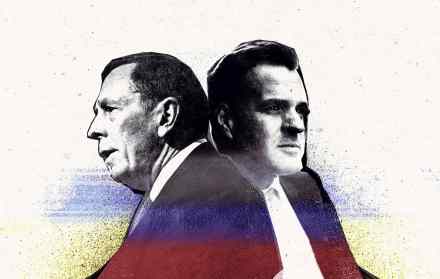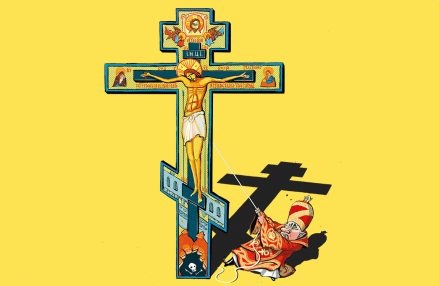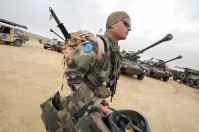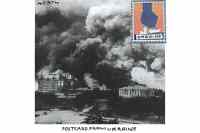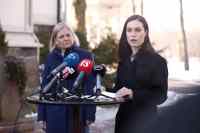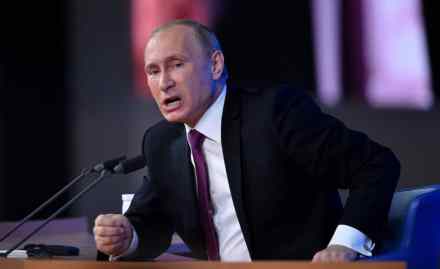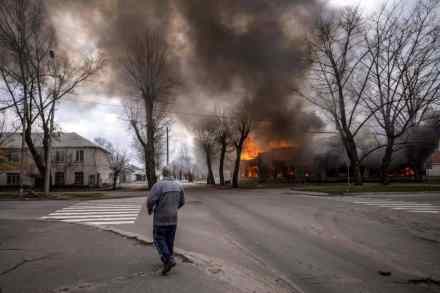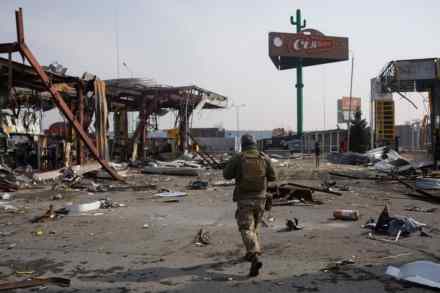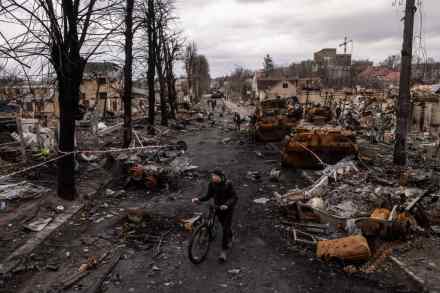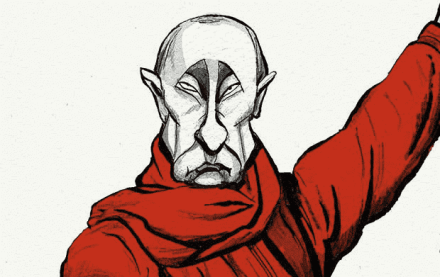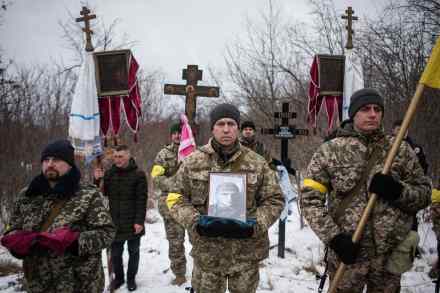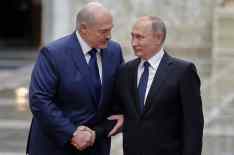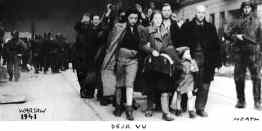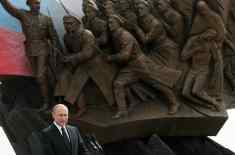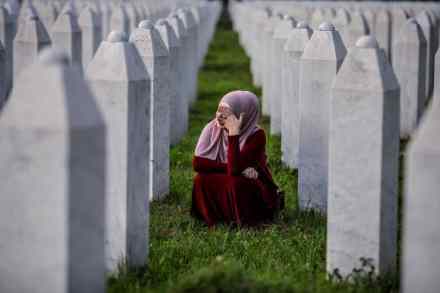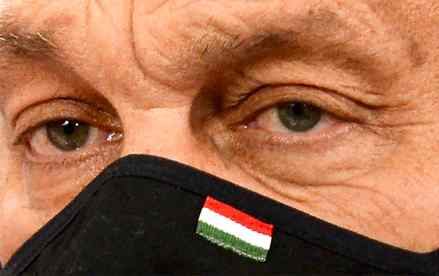‘Putin still has a lot left to lose’: Niall Ferguson and David Petraeus in conversation
David Petraeus is a former CIA director who, as a four-star general, led US military campaigns in Iraq and Afghanistan. He speaks to the historian Niall Ferguson about the war in Ukraine. NIALL FERGUSON: General, I wanted to ask you to give your assessments of the Russian invasion of Ukraine. If you were grading Russia’s military performance and Ukraine’s, what grades would you give? DAVID PETRAEUS: Clearly Russia has failed. That’s the only way to describe the campaign thus far. And the Ukrainians, gosh, I think you have to give them an A at least and perhaps even more for just the sheer determination. But it’s much more than fighting
